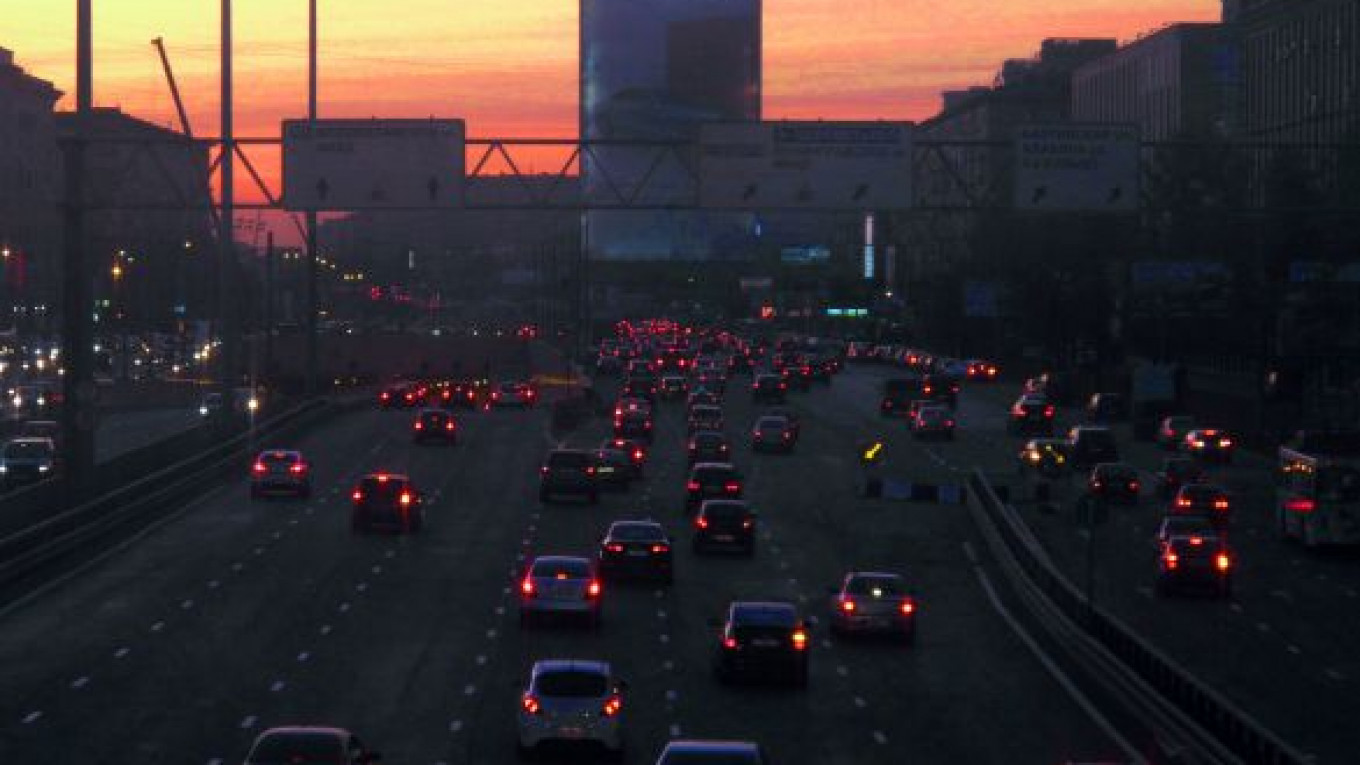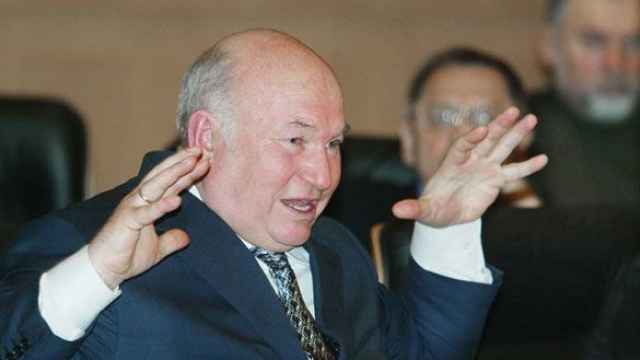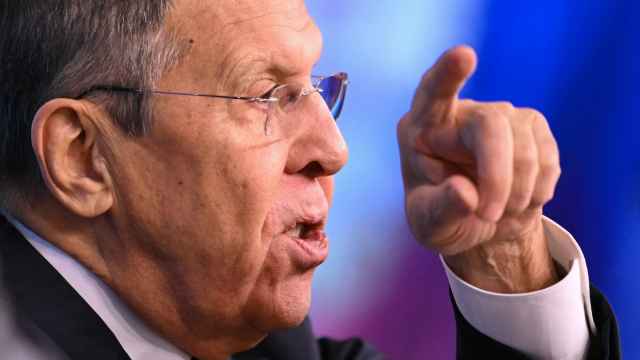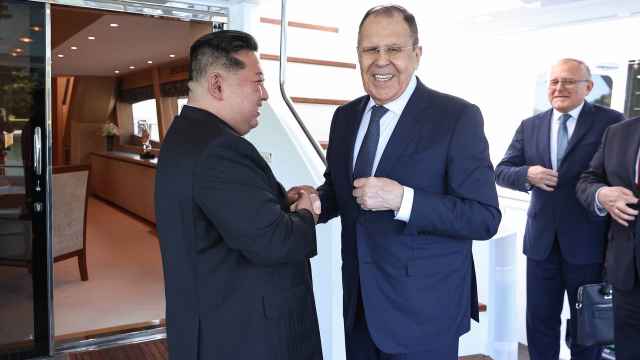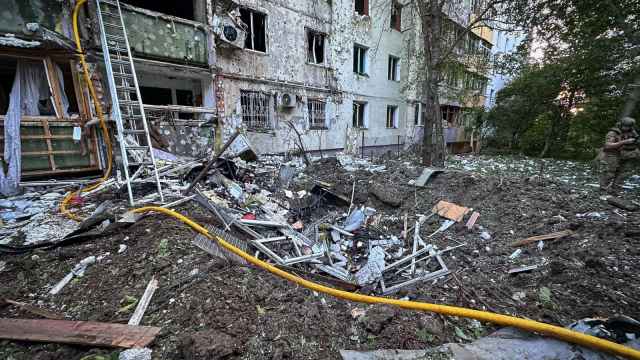In a sign that Moscow's next mayor may take a new approach to the city's architectural heritage, acting Mayor Vladimir Resin met with representatives from the preservation group Arkhnadzor on Friday and agreed to form a joint council to preserve historic buildings, the group said.
"It was an attempt by the authorities to establish a constructive dialogue," Arkhnadzor spokesman Konstantin Mikhailov said by telephone.
Mikhailov said former Mayor Yury Luzhkov, who was fired Sept. 28, did not met with preservationists and ignored their concerns.
During Luzhkov's 18 years as mayor, activists battled authorities over the demolition of a number of old buildings.
Mikhailov said Resin did not take or promise any action on the problems compiled by Arkhnadzor and presented at Friday's meeting.
Reform could be slow: As first deputy mayor under Luzhkov, Resin headed the city's construction sector.
But city officials agreed at the meeting to carry out conservation work on the Guryev palace until the start of winter, Arkhnadzor organizer Rustam Rakhmatullin told Interfax.
On Saturday, Arkhnadzor also urged United Russia's four nominees for Moscow's mayorship to publicly announce their platforms.
Even though the mayor will be selected by President Dmitry Medvedev and not Muscovites, the public's reaction to the candidates' stance on the city's architectural and other developments might influence his decision, Mikhailov told Interfax.
The four candidates are Sergei Sobyanin, a deputy prime minister and Prime Minister Vladimir Putin's chief of staff; Transportation Minister Igor Levitin; Nizhny Novgorod Governor Valery Shantsev; and Lyudmila Shvetsova, a longtime Luzhkov deputy who oversees social policies.
Only one candidate has commented on a platform as mayor, Shvetsova. She said she would pursue social issues.
A Message from The Moscow Times:
Dear readers,
We are facing unprecedented challenges. Russia's Prosecutor General's Office has designated The Moscow Times as an "undesirable" organization, criminalizing our work and putting our staff at risk of prosecution. This follows our earlier unjust labeling as a "foreign agent."
These actions are direct attempts to silence independent journalism in Russia. The authorities claim our work "discredits the decisions of the Russian leadership." We see things differently: we strive to provide accurate, unbiased reporting on Russia.
We, the journalists of The Moscow Times, refuse to be silenced. But to continue our work, we need your help.
Your support, no matter how small, makes a world of difference. If you can, please support us monthly starting from just $2. It's quick to set up, and every contribution makes a significant impact.
By supporting The Moscow Times, you're defending open, independent journalism in the face of repression. Thank you for standing with us.
Remind me later.


